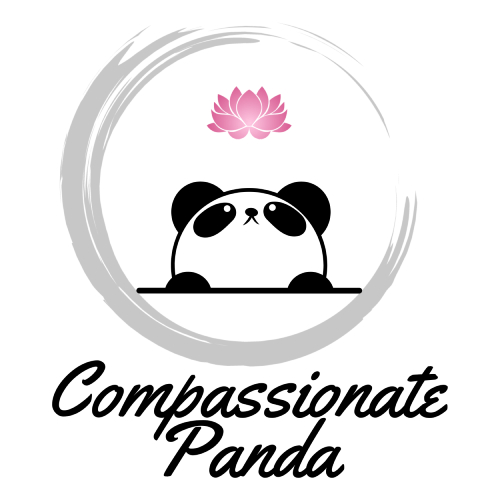My Influences & Inspiration
Whether you realise it or not, we all have values and experiences that create lenses through which we view and interact with the world. This page reflects some of how I move through the world and how I view the path upon which I walk—what shapes my personal and professional life. Yet beyond all of this is my lived experience of neurodivergence—having a brain that’s wired differently from others and how this impacts how I interact with the world. One day I shall write about that. For now, I offer the following:
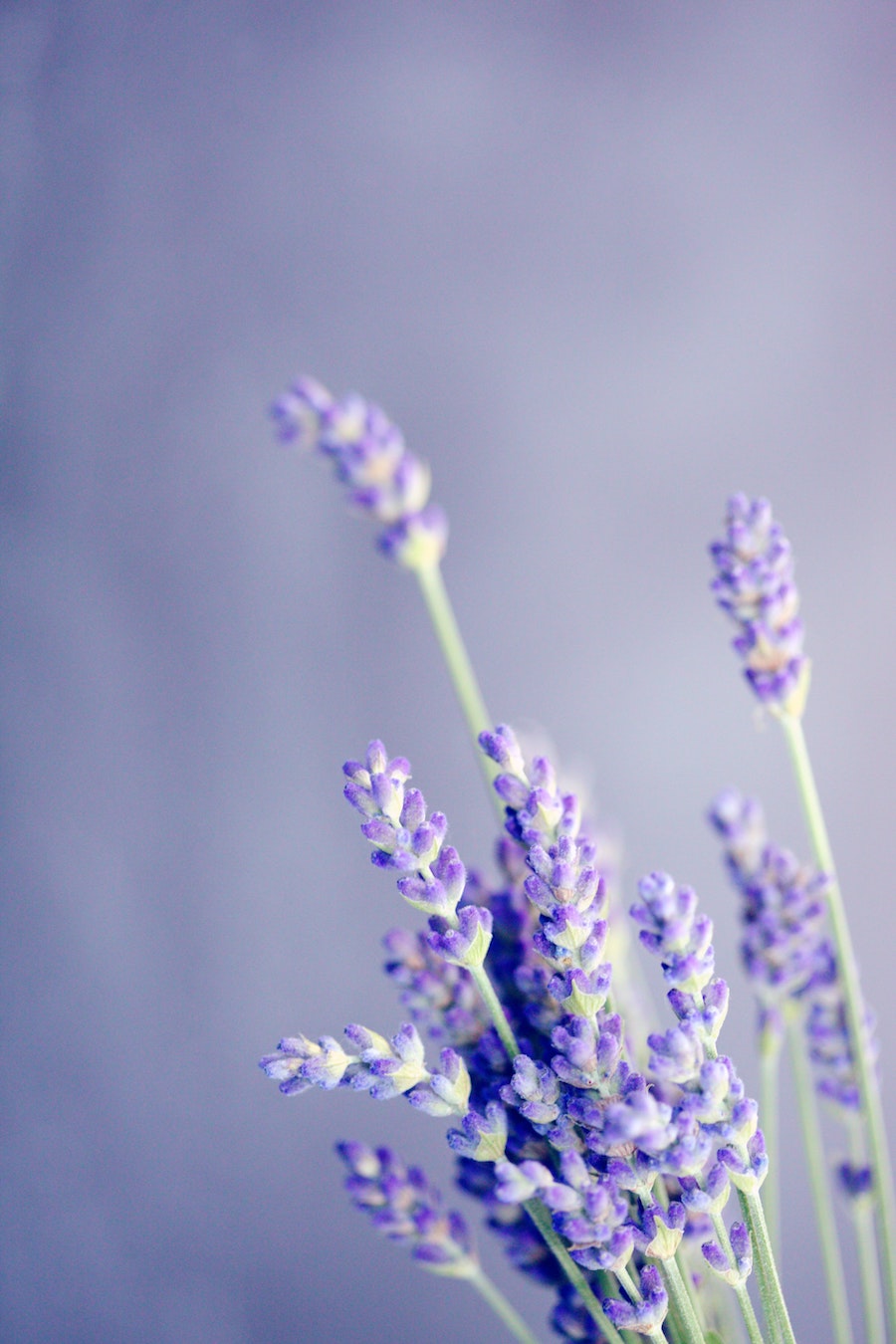
I connect with plants
Being a herbalist, nutritionist, and one who follows a vegan-friendly diet, I look extensively to plants for my wellbeing. I also spend time every day connecting to nature physically, whether it’s walking outside or simply looking after my houseplants and herbs wherever I am. These things keep me grounded and well.
My study of traditional elemental herbalism has created a lens through which I view life. It has similarities to the teachings of Ayurveda and traditional Chinese medicine—all recognise how the elements affect the energetic flow of life. The ebb and flow of heat/cold, dry/damp, toned or untoned (think of this as degrees of function or dysfunction); how these qualities impact myself and others, and how we can work with this knowledge to bring balance to our daily life experience.
For example, herbalism extends to my kitchen, where I adapt my culinary choices to respond to a physical need. I might create a pungently spiced dish using fresh ginger during winter or when it’s cold outside to bring warmth. I also use bitter tonics whenever I feel my digestion needs support; though less often in cold weather as bitters are too cooling then—at such times a warming aromatic is indicated instead.
The elements can also be harnessed for flavour—inspired by my travels and observing how others use herbs, foods and spices to create culinary masterpieces around the world, my spice shelf is always full and ready to play with.
This leads me to the next point…
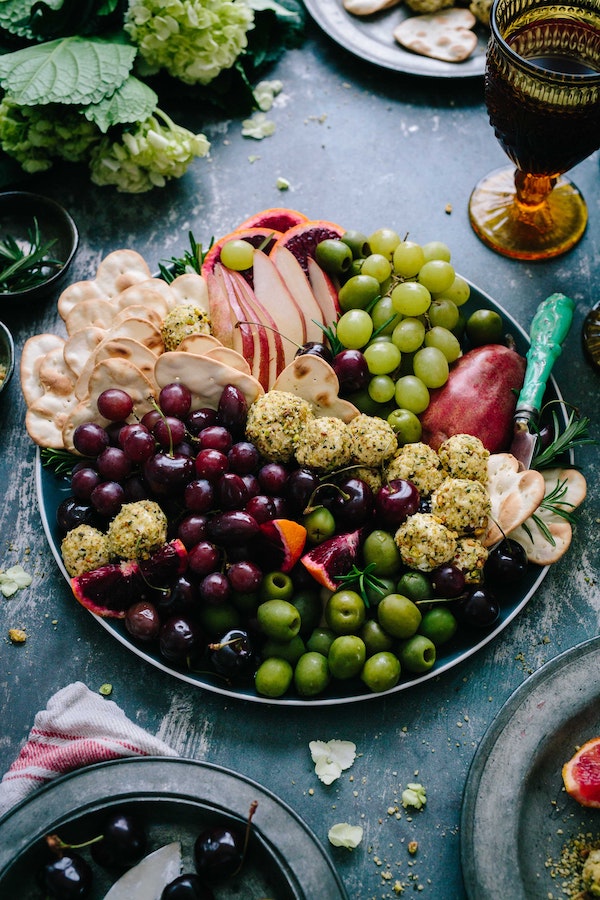
I choose my food with care
“If it came from a plant, eat it; if it was made in a plant, don’t.” ― Michael Pollan
You are what you eat—quite literally. As Hippocrates said over 2000 years ago, “Let food by thy medicine and medicine be thy food”. What you eat affects your physical body, vitality, mental health and overall wellbeing. This is also the yogic view of nutrition—that food can be sattvic, rajasic or tamasic and influence your inner state and your physical practice. Food choices also impact the environment, one of the reasons I chose to adopt a 100% plant-based (vegan) diet.
I am aware that eating and drinking are not passive (nor always benign) acts. Your food is a source of information for your body—it responds to what you eat. Thus, as food is digested, the particulate matter is ‘seen’ and responded to chemically as useful, or not, or even toxic. I choose to nourish myself as well as I can, rather than burden my body with anything potentially toxic—particularly regarding dose.
Every choice matters. Moderation is a myth we fool ourselves with. That said, I choose foods as close to nature as possible, as often as possible. Whole foods filled with nutrients my body or the beneficial microbial life within my gut can use. I don’t get attached to being ‘perfect’ but am conscious of my choices and make them with awareness. I do feel strongly about not being a pawn of the food industry and food marketers—many of whom promote heavily processed, refined, chemically-laden pseudo-foods. I vote with my purchases.
Developing this more mindful way of living brings me to my next lens…
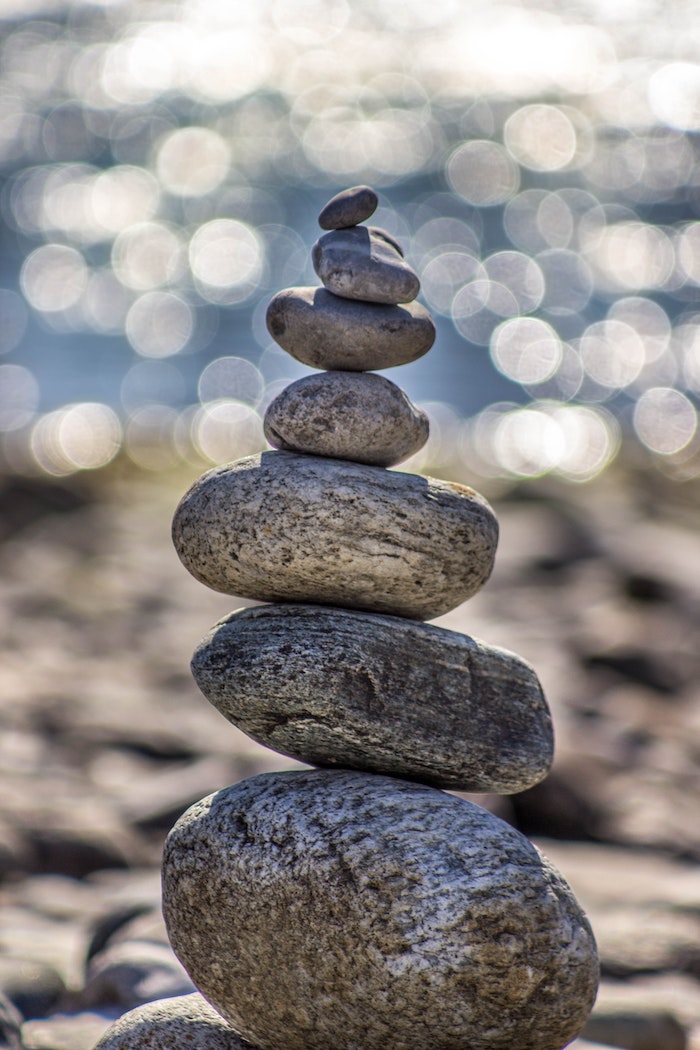
I practice mind-body awareness
Knowledge of the interconnectivity of mind-body-spirit-environment inspires me to stay observant of the inner and outer worlds—that which is seen, and unseen. Every day I pause and tune in to any bodily sensations I become aware of—this gives me insight into how I am physically, emotionally and spiritually each day. This practice offers an opportunity to reflect and change what I am doing if necessary. For example, I may note excessive muscle stiffness and opt for a gentler yoga practice, or take some magnesium to support muscle recovery. Thus, learning how to listen and respond appropriately to my inner world helps me live authentically and fine-tune how I flow through the world each day.
I also observe my mental processes. As someone who is neurodivergent, my mind can be tricky to manage and tends to run wild—not always serving my highest good—when given the opportunity. Often I rein my mind in with mindfulness practices, though sometimes I find it helpful to practice expansive meditative techniques and allow my consciousness to flow beyond its physical limitations and reconnect to the wider universe—this helps me view things from a different perspective if I am feeling stuck.
I have found these practices helpful at increasing my awareness—they serve as a form of personalised mind-body medicine; allowing me to respond rather than react as much as possible to everyday life and be resilient to everyday stressors. And, though being mindful means I feel that which is uncomfortable, I also notice and enjoy what is going well.
Building awareness is a lifelong process and I use many tools to help me, including meditation, yoga, creative arts, Reiki, and spending time in nature. All of these require a process of reflection and usually some method of expression to fully understand, which brings me to the next point…
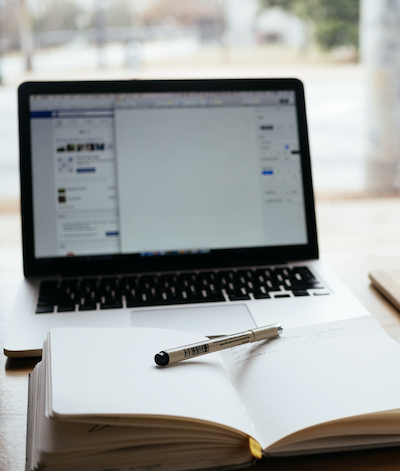
I use creativity as a form of expression
Authentic self-expression is fundamental to wellbeing, so finding a creative outlet is important. Art can take many forms and is an expressive language without boundaries. My creativity expresses itself through my writing primarily, but also through the culinary arts, ceramics, painting, blending herbs and essences, gardening or playing with plants in some way, and yoga. I am also a street art fan and collect pieces from all around the world as I walk and explore—this has taught me to keep my eyes open and remain present, wherever I am.
As an art therapist, I have learnt how art can be used as therapy, or it can be the therapy itself—offering healing and growth opportunities. My exploration into visual journaling or dream reflection and processing gives me a space within which to delve into everyday life challenges to gain insight, or into transpersonal realms—to reaffirm my values and explore future possibilities.
As I now spend lots of time thinking about and creating written content, I have found I can only do so if I spend regular time in mindful movement—to bring my awareness to my body and free my mind from thinking. Though I can get a taste of this from walking in nature, for the most part, my regular physical yoga practice is what I turn to each day…
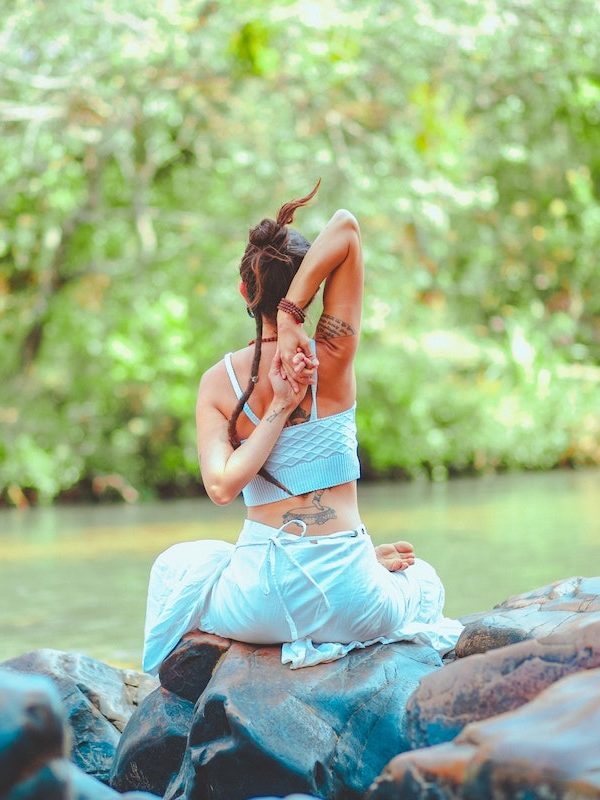
I learn about myself via yoga
I first stepped on a yoga mat in early 1997, back when yoga was less about physical asana (postures) in the western world and still embraced seated meditation in spaces filled with incense and chanting. Since then, despite it being an erratic practice for a long time, I always returned to my mat—and along the way, I learnt that yoga is a journey of ongoing self-enquiry.
I typically practice six days a week for an hour or so, sometimes two or even more. It’s a highly variable practice—often challenging but always filled with growth potential and interest. Some days I flow with strength, and other days I face some physical or mental challenge on the mat. Maybe I have pain, am stiff, tired, it’s an unfamiliar posture, the room is too cold, or I have some other obstacle to overcome. For me, yoga is far more than asana, extending to my regular meditation practice and pranayama. That said, my physical practice is extremely valuable to me as my commitment has built my mental and physical strength and balance. It’s also improved my mobility.
Every practice gives me something worthwhile, even when it’s not easy—indeed, it’s rarely, if ever, easy—but that’s the path I take, regardless. My practice has revealed how I tend to push myself too hard (not only on the mat but elsewhere in life) but that I can also focus and work hard while still being kind to myself. It has taught me to be more congruent.
This is why my commitment and ongoing persistence, even when it’s difficult, have benefitted all areas of my life, including teaching me to explore what’s going on in my body, heart, and mind each day. As a bonus, my commitment to showing up to class regularly—wherever I am in the world—has connected me to a global community I wouldn’t have met otherwise…
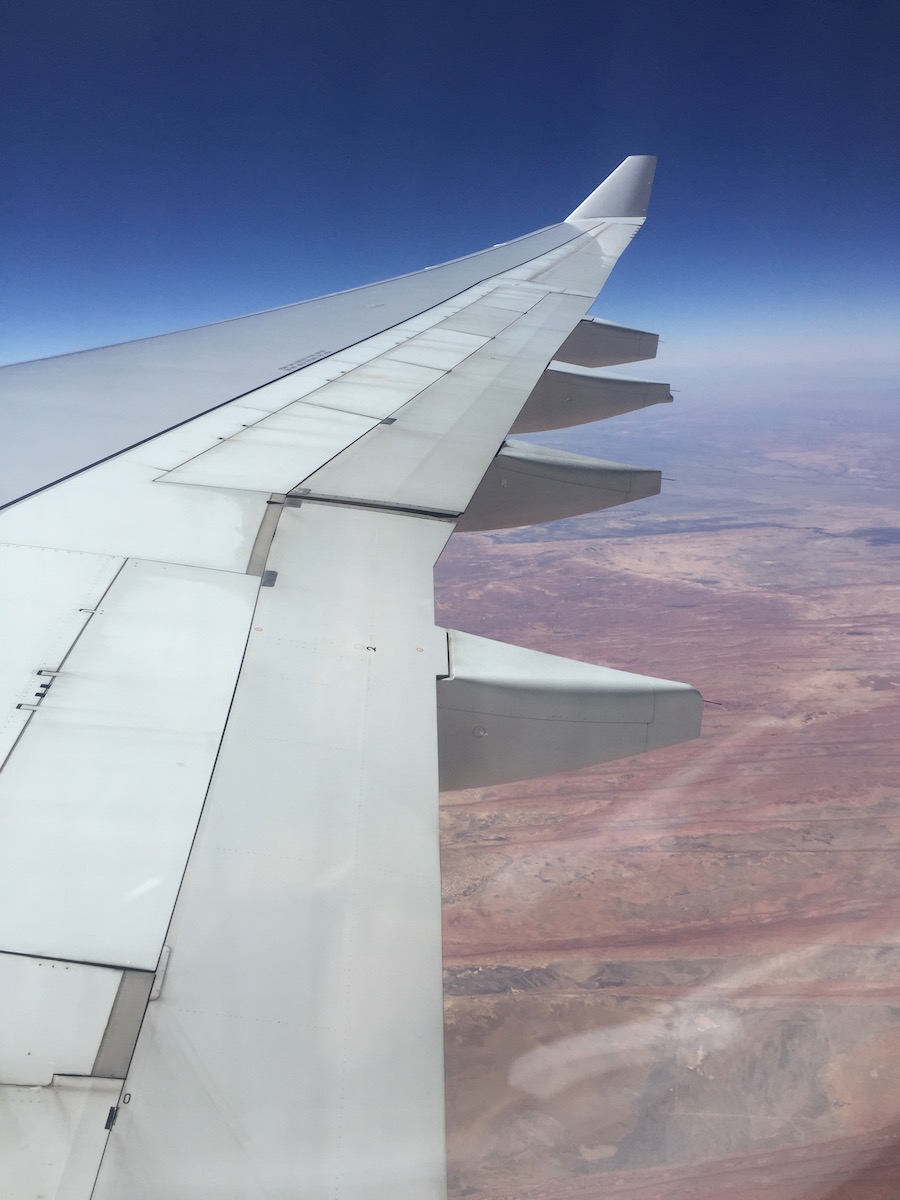
I explore the world with an open mind and heart
People and places, travelling and exploring—all passions of mine since I first poured over world maps as a child. Since then, my life choices and willingness to change (even when difficult) has created opportunities for me to explore, live, work and study in several different countries. This has opened my eyes to the new and unexpected and taught me how well I travel alone as well as in company. Indeed, this somewhat nomadic life has taught me new levels of patience and how little is under my control; it’s also offered priceless opportunities to connect with a diverse range of interesting and inspiring people and cultures.
Upon reflection, my travels as a visitor and my experiences living for extended periods in several countries have taught me that:
- the majority of people around the world are good, with the same needs and desires as one another—we are more alike than different;
- it’s wise to remain open to new perspectives—there are many ways to view even the most seemingly simple things, and who’s to say what is correct when ‘truth’ is relative;
- we must all protect this incredible planet of ours, and if you are not actively taking part in or pursuing a solution to some of the world’s current challenges, then you are probably part of the problem. We are all responsible and can all make a difference;
- even when life seems hard or unfair, it’s still good—and we are fortunate to be experiencing it;
- making memories and forming connections with a global community is worth much more than accumulating material possessions in one place; and
- it’s important to remain mindful of all you have to be grateful for and simply be in the moment you have right now; you never know what will make for a great story in the future or what you will learn from.
